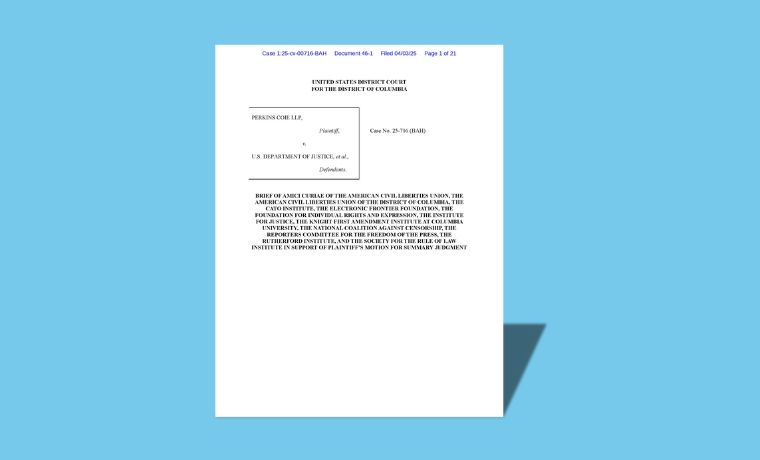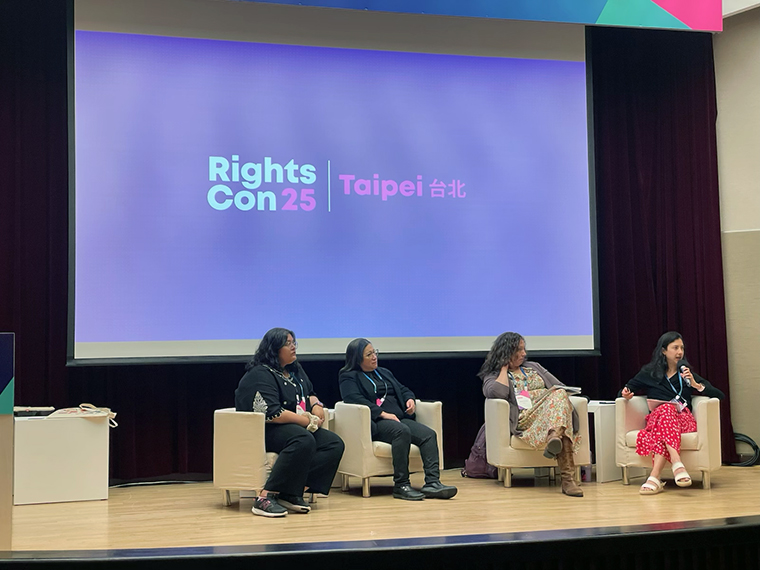Why Global Companies Need to Do More than Merely Comply with Local Law

April 25, 2024
Nestlé, the largest infant formula producer in the world, has made news again with questionable business practices relating to its baby food products. A new report by the Swiss NGO Public Eye provides evidence that the company adds sugar and honey to infant milk and cereal products sold in many low- and middle-income countries, contrary to international guidelines aimed at preventing obesity and chronic diseases.
This new Nestlé scandal is surprising for two reasons. First, the company should have learned its lesson 50 years ago, when a boycott in the United States expanded globally to object to Nestlé’s aggressive marketing of infant formulas. The promotion of infant formula over breastfeeding has led to deaths among infants in countries where sanitation is poor and mothers have no access to clean water sources. The controversy is ongoing and has been harmful to the company’s reputation. The company has since somewhat adapted its marketing to emphasize the value of breastfeeding.
Second, the company, despite its past troubles, is now considered a leader in the field of human rights in business. Nestlé consistently engages with industry peers and societal stakeholders to address human rights risks in the supply chains for ingredients in its products, such as cocoa, coffee, palm oil, and hazelnuts. But the company’s reaction to the new Public Eye report was defensive, referring to legal regulations. The Guardian reported that a Nestlé spokesperson said that within the “highly regulated” category of baby food, Nestlé always complied “with local regulations or international standards, including labeling requirements and thresholds on carbohydrate content that encompasses sugars.” Nestlé also said that it declares total sugars in its products, including those coming from honey.
As legal regulations promoting human rights “due diligence” is increasing, some companies, like Nestlé, seem to fall back on legal compliance as their main justification and defense. However, companies need to understand that legal compliance is a necessary but insufficient consideration. Societal acceptance of their business practices is also key. There are other examples that prove that point.
As Shell considered abandoning the Brent Spar oil platform in the North Sea in the 1990s, it highlighted that these plans were fully in compliance with relevant law. But the situation provoked intense debate in academia and more broadly, and ultimately, Shell refrained from sinking Brent Spar.
In May 2020, Rio Tinto destroyed aboriginal caves in Australia at Yuukan Gorge. The mining company had legal authorization to do so, but the public backlash was so significant that the senior management team had to resign over the controversy. The company is now working hard to repair the trust it lost over this fiasco.
Companies like Nestlé have a huge responsibility. According to the company, it feeds 15 million babies every year. Nestlé needs to apply its values consistently across all products and geographies. Now it needs to engage with stakeholders over its infant formula policies, just as it does for other business areas that create risks to human rights.
 Business & Human Rights Leadership
Business & Human Rights Leadership


